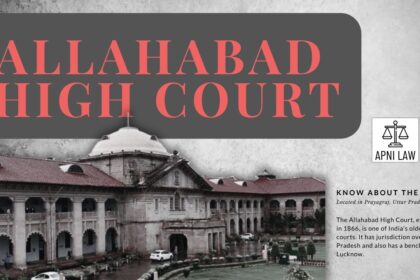Code:
1[265J. Savings.— The provisions of this Chapter shall have effect notwithstanding anything inconsistent therewith contained in any other provisions of this Code and nothing in such other provisions shall be construed to constrain the meaning of any provision of this Chapter.
Explanation.– For the purposes of this Chapter, the expression “Public Prosecutor” has the meaning assigned to it under clause (u) of section 2 and includes an Assistant Public Prosecutor appointed under section 25.]
Explanation:
This section ensures that any existing laws, customs, or practices related to criminal procedure, that are not explicitly repealed or contradicted by this Code, will continue to be in force. In simpler terms, it allows for the continuation of previously established procedures unless the new Code explicitly states otherwise.
Illustration:
Let’s say there’s a long-standing custom in a particular community for resolving minor disputes through village elders. This custom isn’t explicitly repealed by the CrPC. Therefore, Section 265J ensures that this customary practice can continue to be followed, provided it doesn’t contradict the provisions of the Code.
Common Questions and Answers:
Q: Does Section 265J mean that any practice can continue, regardless of its legality?
A: No. This section only applies to practices that are not explicitly contradicted by the Code and are generally considered lawful. It doesn’t endorse illegal practices.
Q: Can a state government enact its own rules regarding criminal procedure?
A: Yes, states can enact their own rules, but these rules must not conflict with the provisions of the CrPC, including Section 265J.
Q: How does Section 265J help ensure consistency in the application of law?
A: It ensures a smooth transition by allowing for the continuation of existing practices, as long as they are compatible with the new Code. This helps avoid abrupt changes and promotes a consistent application of the law.








